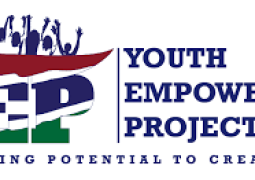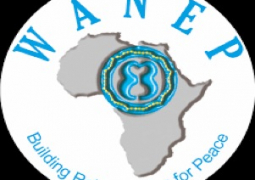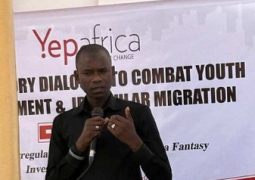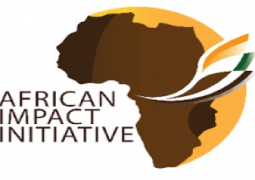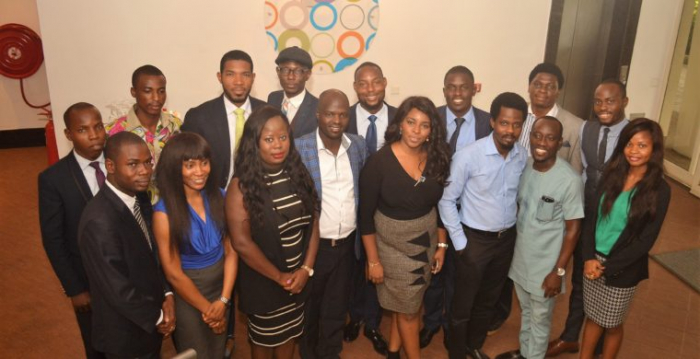
The Commonwealth Secretariat is bringing together young entrepreneurs from across West Africa with the intent of setting up a new regional youth alliance, writes Rebecca Olorunisola, a young Commonwealth Correspondent from Lagos in Nigeria.
I was privileged to be at the Commonwealth Alliance of Young Entrepreneurs-West Africa visioning workshop on youth entrepreneurship.
Young entrepreneurs from Commonwealth countries in West Africa came together to talk about their entrepreneurial journey and the solution to the challenges they face in their various countries.
Interestingly, despite coming from different countries, three entrepreneurs who shared their stories seem to have the same challenges and learned the same lessons.
Epiliki Stephanie (Cameroon) is the founder of Mikabs Trading Company Limited, a printing press company.
Growing up, Epiliki had always wanted to own a business.
She said, “While in university, I discovered that working for other people wasn’t my thing. I had all the energy, skills and values to start my own business. I learned how to make bags on YouTube and I started in my room. My friends thought I was crazy, because doing a hand-made bag is hard work.”
But it was challenging to sell as people did not trust her because she was not legally backed. In the process of obtaining her business licence, a lawyer swindled her out of a huge sum of money.
But she did not give up. Epiliki believes that as an entrepreneur, it is essential to have the passion to succeed. According to her, businesses fail now because people want to make money, and not solve problems.
“There’s a need to let young people know that it is not all about money but about passion and solving a problem,” she said.
She noted that, in Cameroon, many people lack the necessary information about how to start a business. She urged governments and the business community to actively support young entrepreneurs.
Fatima Sesay (Sierra Leone) is the founder of Unimax Sierra Leone Limited, a local courier company.
Gifted with her hands, Fatima started selling fashion products as early as secondary school.
After college, she won a business competition held by the British Conservative Social Action Project. However, she was disappointed to learn that her prize did not include start-up capital.
She noted, “I thought it was the normal business competition where once you win, you will have seed capital to start your business. This left me so disappointed but then I also said to myself that if I could win this competition, that means my idea is viable.”
Fatima launched her courier service, starting with only herself and two bike riders. Her first client was the World Bank, and later success enabled her to graduate from electric scooters to fuel bikes. She now employs 44 people.
“It wasn’t easy because I come from a setting where many don’t believe a young person can own a business. It’s a lonely road when you are starting. When I started, I didn’t even believe in myself. But perseverance is key; as an entrepreneur, don’t say no and don’t accept anything less,” she said.
Bernard Oduro Takyi (Ghana) is the founder of the Omanbapa Group of Companies, which is focused on agri-business, education, energy, construction and entrepreneurship.
While in school, Bernard realised that many students were buying food from town. He saw this as a waste of time and money, and came up with his own solution.
“I got a mobile number in 2006 and I wrote my number on a sheet of paper, which I placed under people’s doors with the message: if you need ‘waakye’ rice, call me,” he revealed.
“The calls kept coming. There was a time I would wake up in a day with my office as my bed.
Due to the success of this initiative, Bernard was able to fund his tertiary studies. He is also a recipient of the U.S. African Development Foundation’s Young African Leaders Initiative (YALI) entrepreneurship grant.
He believes the traditional educational system has been built against entrepreneurship.
“Every entrepreneur must have a personal mission statement,” he stated. “We need to set our minds to never take ‘no’s’, but instead to take every opportunity.
Source-West Youth News


